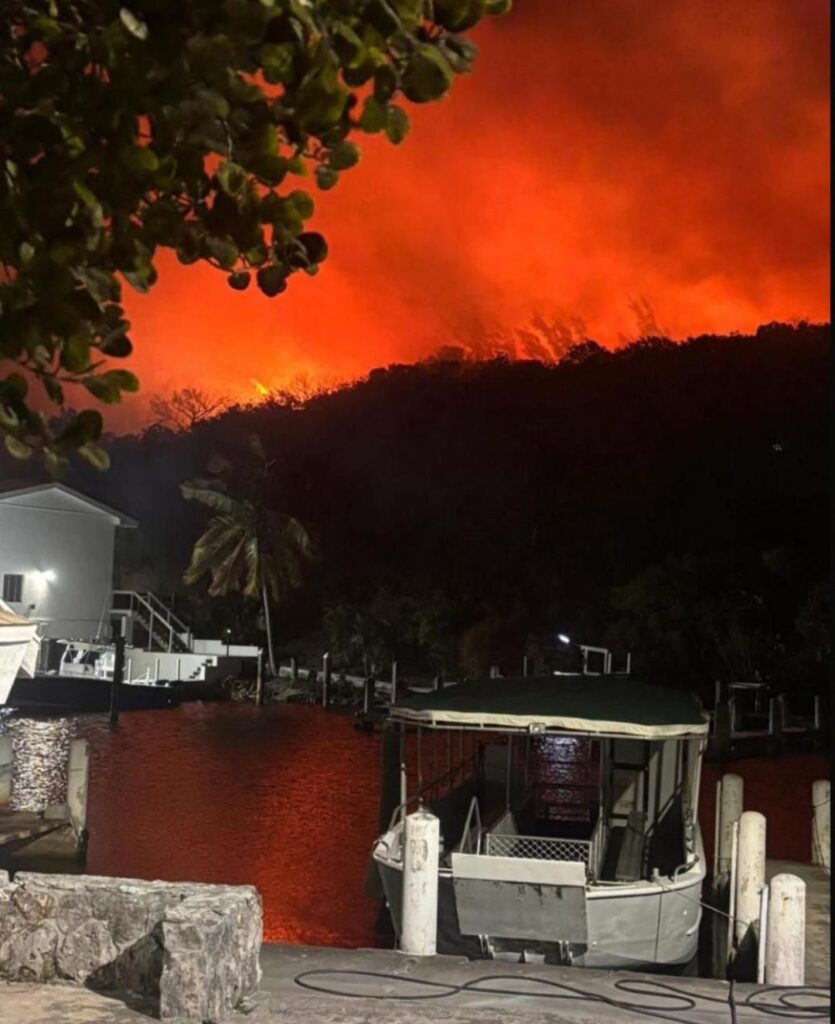
Dear BP,
The wildfires recently ravaging the Bahamas demand our immediate attention. We’ve seen firsthand how something as innocent as a tossed beer bottle can ignite a fire when sunlight hits it exactly right. Our past experiences with the blazes on Carmichael Road and the sound fields should serve as a wake-up call. Once, the responsible practice of recycling these bottles significantly reduced summer fires, as scavengers cleared our roadways. Now, however, the neglect of this practice, along with ongoing littering, continues to jeopardize our environment and safety.
Why did the recent fires escalate out of control? Yes, the high winds played a role, but we also have a capable Fire Department in Freeport, particularly at the airport and Container Port. So, what’s going on? This situation indicates that we are far from ready for the challenges ahead. Disasters, whether natural or human-induced, reveal critical weaknesses. They are stress tests that expose our vulnerabilities and the dangerous complacency we’ve allowed to take hold. Here is what we must confront:
1. Resource Management: In a disaster, effective resource allocation can make the difference between rapid recovery and chaos. Our systems are not as robust as we assume. We can no longer ignore management failures or the misapplication of scarce resources.
2. Communication Failures: Our communication strategies often fall apart when a crisis strikes. Who exactly is leading the briefings? Is there a unified message? We can no longer afford to overlook the flaws in our crisis communication protocols.
3. Decision-Making Under Pressure: Those we consider competent in ordinary situations may crumble under pressure when it truly counts. We need leaders who can take decisive action during crises, not second-guess themselves. Clear operational plans must be established and practiced. In the case of Freeport, where the GBPA has the lead, its role must be coordinated with the police and fire departments; this must be agreed upon, and leads and subordinate leads must be identified. This is especially important if the Freeport International Airport fire appliances are used, as the crash fire and rescue availability category must be lowered.
4. Infrastructure Weaknesses: Disasters rigorously test our infrastructure. Every hurricane and fire exposes our vulnerabilities. It is time to confront the systemic issues that make our communities vulnerable to disasters, including irresponsible practices such as littering and the improper disposal of drink bottles.
5. Coordination and Collaboration: We often observe breakdowns in teamwork during disasters, highlighting significant gaps in preparedness and coordination. The mismanagement observed during Hurricane Dorian is a case in point: resources were available but deployed ineffectively. We cannot have this happen again.
It is time to face reality: theoretical preparedness is not sufficient; we need practical capability. Disasters are not mere misfortunes but opportunities for us to audit our readiness. Hoping for the best is an inadequate plan; it’s a recipe for failure.
We must take decisive action now to assess and improve our preparedness. Our future depends on it.
Sincerely,
The Ole Geezer







